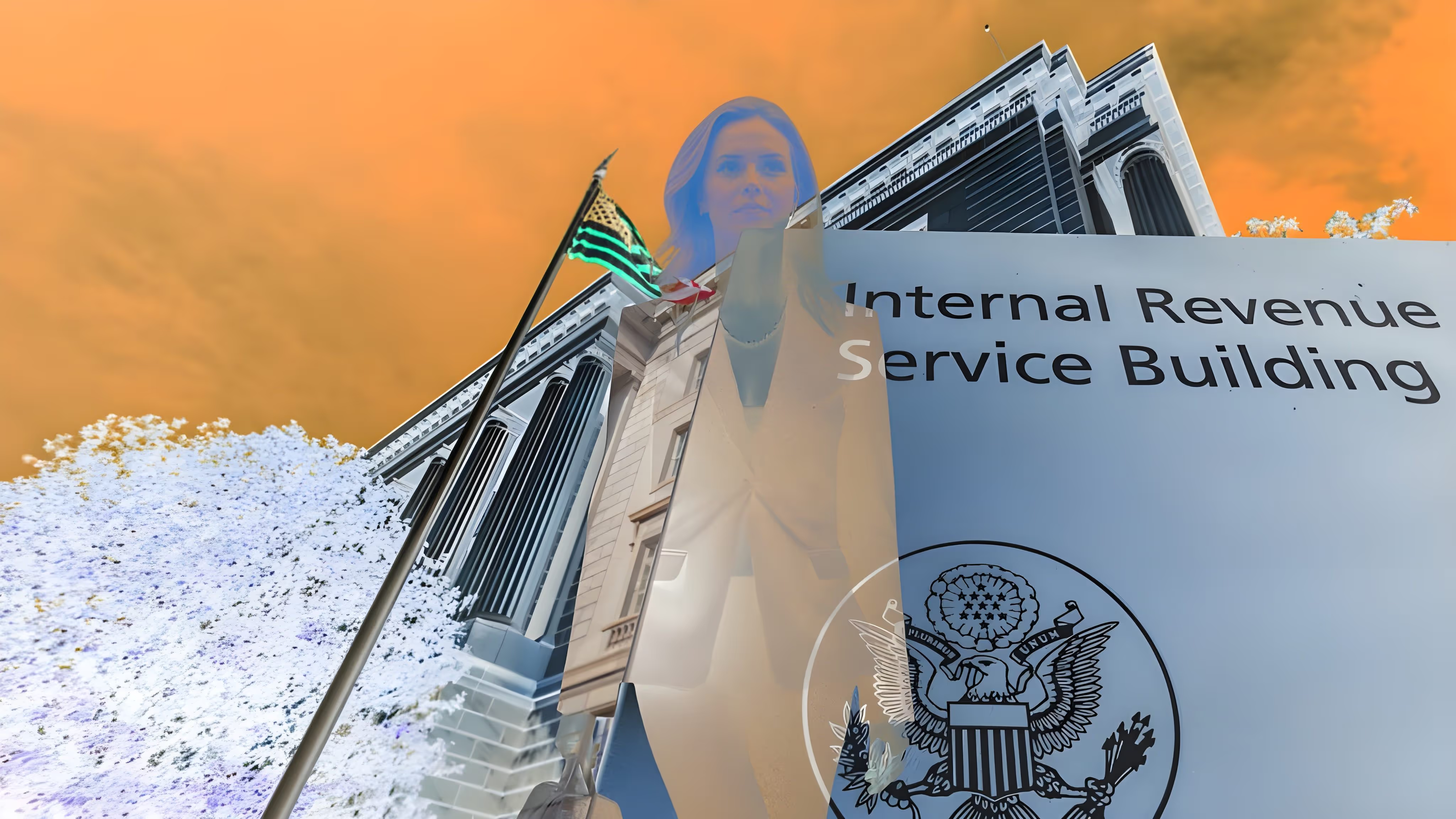IRS Faces Crypto Conundrum Without Digital Assets Chief Amid Policy Shifts

In a world where the future is digital, the unexpected departure of Trish Turner from the Internal Revenue Service's digital assets unit has thrown a wrench into the already challenging landscape of cryptocurrency taxation. As the IRS stands at the crossroad of potential blockchain breakthroughs and digital currency dilemmas, Turner's move to the private sector could not have come at a more pivotal moment.
On one side of the coin, advocates argue that Turner's legacy of trailblazing digital asset oversight will serve as a bedrock for burgeoning cryptocurrency regulations. Her efforts to implement the 1099-DA form, which millions of investors will soon receive, symbolize a significant stride towards transparency and accountability. In an industry that has long existed in the shadows of regulatory ambiguity, her leadership has been heralded as a beacon of clarity. Turner's transition to the private sector is viewed by some as a savvy move, with the hope that her expertise will empower crypto investors to navigate these complex rules more adeptly.
Yet, others paint a different picture. Critics contend that Turner's exit exposes vulnerabilities within the IRS, highlighting the agency's susceptibility to leadership vacuums at a moment when crypto filings are poised to flood an already overstretched institution. Facing severe staffing reductions due to budget constraints, the IRS is struggling to keep pace with the digital currency boom. The exodus of other top crypto officials earlier this year has only intensified concerns about the agency's capacity to manage this evolving sector effectively.
The heart of the matter extends beyond staffing challenges and into the murky waters of the new regulations themselves. While the 1099-DA form may promise greater transparency, it also introduces new pressures on taxpayers. Millions of investors, previously under the radar, will now find themselves grappling with an intricate web of tax calculations and disclosures as they navigate these uncharted regulatory territories. This anxiety has not been eased by Congress's decision to overturn an IRS rule concerning decentralized finance, leaving parts of the crypto sector in regulatory limbo.
The clash of narratives around Turner's departure and the future of crypto taxation in the United States underscores a broader global conversation about how traditional regulatory bodies adapt to the relentless march of digital innovation. The world is watching closely as the IRS attempts to balance the potential benefits of cryptocurrency regulation against the palpable risks of under-resourced enforcement. In this digital age of remarkable potential and profound disruption, the stakes are high, and the battle lines are drawn over how to best shepherd the industry forward without stifling its promise.

